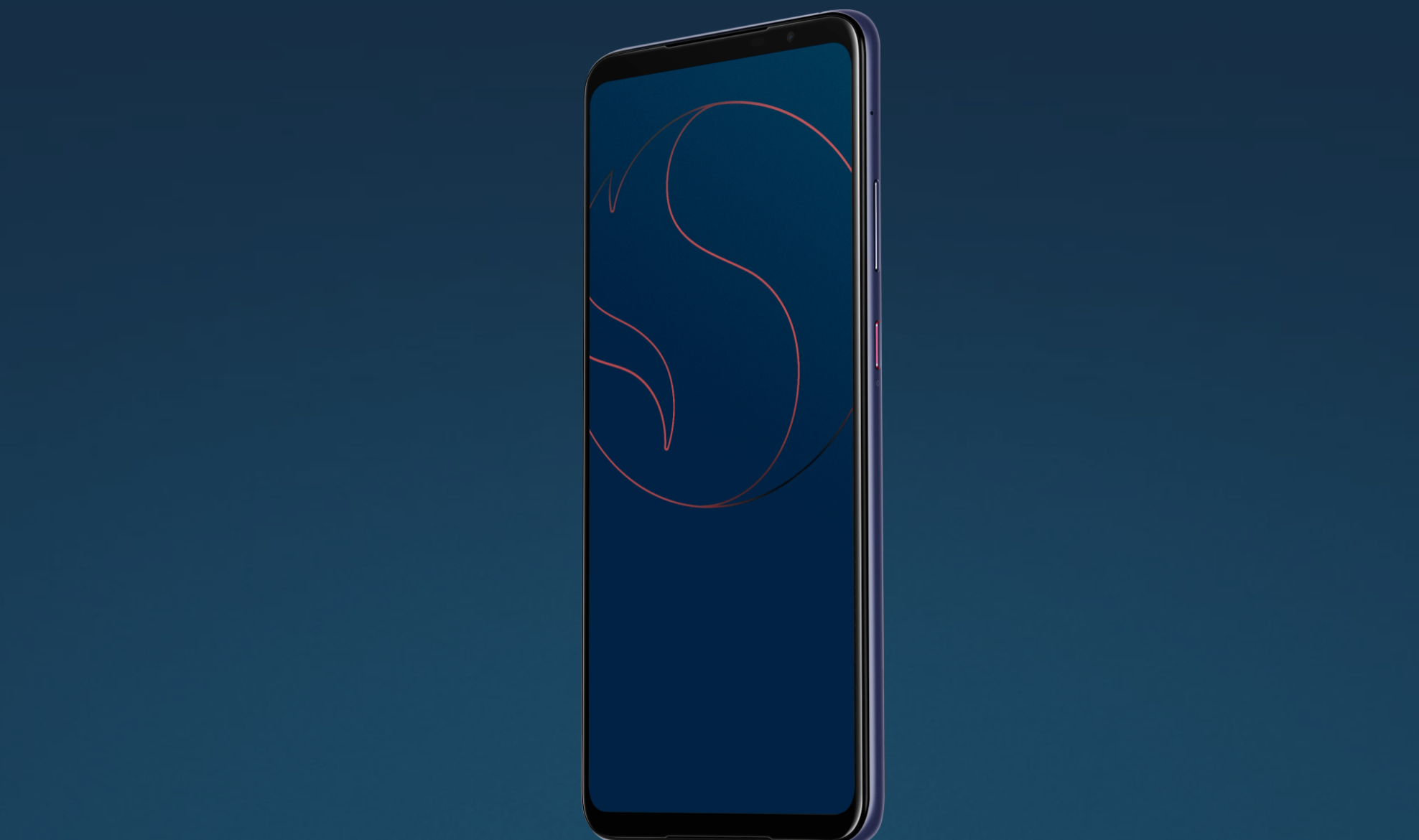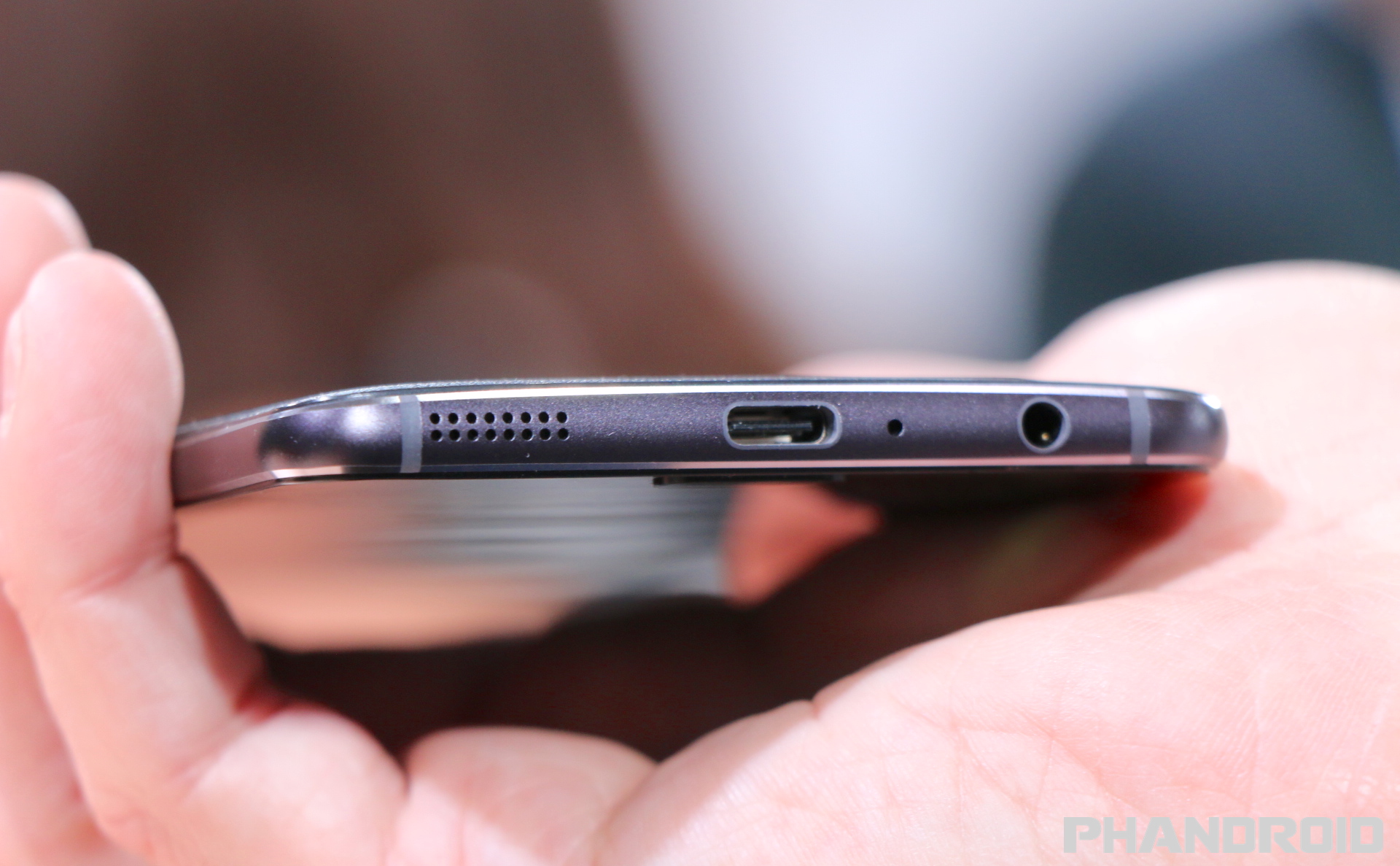Last week, MediaTek debuted its upcoming flagship processor in the Dimensity 9000. During the announcement, the company stated its chipset was the first to cross the 1,000,000 threshold in AnTuTu benchmarks. However, a new AnTuTu benchmark has surfaced also crossing that threshold. No, this isn’t another version of the Dimensity 9000, but instead could actually be the upcoming Snapdragon 8 Gen1 chipset.
Qualcomm is expected to announce its next flagship chipset in the coming weeks, and has already confirmed it will ditch the old naming convention. Instead of the Snapdragon 898, the processor will be known as the Snapdragon 8 Gen1, and will be found in many of the best Android phones to be released over the course of 2022.
Breaking : 😏
Snapdragon 8 Gen1 crosses 1 Million mark on AnTuTu benchmark.#Snapdragon #Android #Snapdragon8Gen1
Via:https://t.co/K0e2Ke0Tur pic.twitter.com/crUslBknQb— Abhishek Yadav (@yabhishekhd) November 24, 2021
It’s refreshing to see Qualcomm’s next processor match up with the Dimensity 9000, as it means that we’ll be enjoying a bit of competition over the next year. Plus, we won’t have to worry about “missing out” on a better processor if MediaTek fails to release any Dimensity 9000-powered devices here in the U.S.
There’s no indication as to what device was used to achieve these benchmarks with the Snapdragon 8 Gen1 chipset. Rumors point to both Xiaomi and Motorola working on smartphones that could be announced before the end of the year that will be powered by these processors. It’s also possible that the device could be the OnePlus 10 Pro which is rumored to launch in China sometime in January, before coming to other regions in March or April.
It’s important to take these benchmarking scores with a grain of salt, as the results were likely achieved with pre-production hardware and software. A lot of things could change with a device between now and the final release, meaning that the final scores could drop a bit. Nevertheless, 2022 is shaping up to be quite an interesting year for both Qualcomm and MediaTek.












Comments